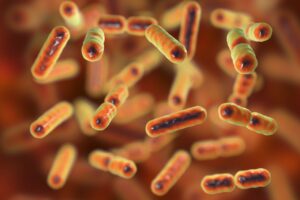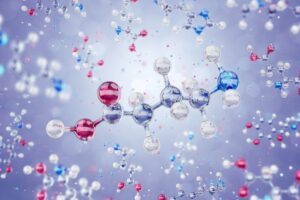depression
Gastroenterology, Neuroscience
A recent review highlights that changes in fear-related mental health conditions are observed when the gut microbiota is altered or removed.
Gastroenterology, Neuroscience
Depressed BD patients present significant alterations in the taxonomic compositions of their gut microbiota, and this may be related to inflammatory pathways and depression severity.
Industry
Biofarma Group's R&D to support people in the pre-depressive phase.
Gastroenterology, Neuroscience
The findings of a recent study suggest that estradiol-degrading bacteria could be therapeutic targets for treating depression in some women.
Neuroscience, Pediatrics
Collaborative initiatives would be needed to detect subtle associations and understand the role of the gut microbiome in the development of psychiatric symptoms over time.
Neuroscience
The findings of a new research support the link between gut microbes and depression, and suggest that the gut microbiota can be a target for future therapies.
Neuroscience
The findings of a small clinical trial suggest that probiotic treatment could be used in combination with antidepressant medication to treat clinical depression.
Gastroenterology, Neuroscience
Researches have found that MDD is characterized by disturbances in the gut microbiota and may allow clinicians to better diagnose it.
Neuroscience
Strains of a particular microbe could boost the production of GABA—a neurotransmitter that plays a key role in anxiety and depression disorders.
Gastroenterology, Oncology
According to J. Kinross, from Imperial College London, there's an urgent need to understand the role of the intestinal microbiome in the etiology of cancer.











